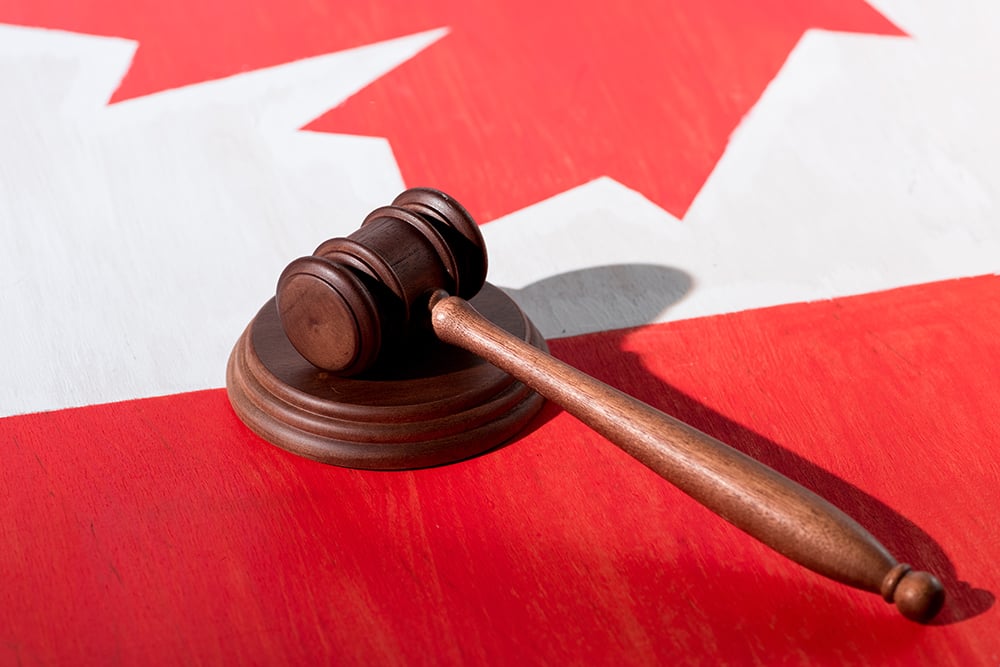
Although all crimes are serious and it is never acceptable to break the law, a summary offence is generally a more minor crime. The punishment for a summary offence is typically a fine or conditional discharge, which can include probation or community service. It is essential to understand that these charges are not severe as other crimes, such as assault or murder. In most cases, a person convicted of a summary offence will face a monetary penalty rather than a prison sentence. For example, if you were caught shoplifting at a grocery store, you could be sentenced to pay a fine or spend 30 days in jail, but your charge would be a summary conviction.
If you have been charged with a summary offence, there are two ways to get your case resolved; plead guilty and accept the consequences or challenge the charge in court.
What are Examples of a Summary Offence?
- Drunk Driving/Impaired driving- Driving while impaired by drugs or alcohol
- Fail to comply with a peace officer
- Fail to yield to emergency vehicle
- Forgery or counterfeiting
- Solicitation of prostitution
- Public nudity
- Simple Possession of illegal drugs or controlled substance
- Causing a public disturbance
- Disturbing the peace
- Trespassing
How Do I Contest a Criminal Charge?
The first step in contesting a charge is understanding what the law says about your specific charge. Next, you should consult a lawyer specializing in criminal law to determine whether you have the right to fight the charge. Finally, if you decide to go to court, you will need to prepare a defence, or you can hire an expert witness to testify on your behalf.
How to Apply for a Pardon for a Summary Offence
To apply for a Pardon (record suspension) for a summary offence, you must first fulfil a legal waiting period of 3-5 years after all sentencing (fines, probation, community service, restitution) is completed. Thereafter, the Pardon application process must be completed perfectly and in a precise order before the application is ultimately submitted to the Parole Board of Canada for their independent review and decision. Although there is no guarantee of approval, generally seeking a Pardon for a summary offence has an extremely high success rate of over 95%.
How Long Does a Pardon Remain Valid for Summary Offences in Canada?
A Pardon remains valid forever unless it is revoked or the individual passes away. Revocation of a Pardon occurs automatically when the Pardoned applicant incurs an indictable conviction after the Pardon is issued, and may be revoked at the discretion of the Parole Board upon conviction of a summary offence after the Pardon is issued.
What are the Benefits of a Pardon?
Pardons offer a significant number of measurable benefits to those who are approved including the peace of mind of applying for work without a publicly visible criminal record, volunteerism, education, getting a loan, insurance, adoption, travel (in some circumstances), overall closure and much more. Canada is one of the few countries in the world that has a successful, robust Pardon system and it is a privilege to apply. If you live in Canada and are eligible to apply for a Pardon, there really isn’t a reason to keep your criminal record visible.
Get Pardon Applications of Canada Working for You
With 11+ years experience and the successful resolution of over 1.1 Million Pardon & U.S. Waiver requests and inquiries, Pardon Applications of Canada (PAC) can make an enormous impact on the accuracy and quality of your application before its submission to the Parole Board. To see if you qualify for a Pardon, start by booking a no-obligation phone call via https://www.pardonapplications.ca/schedule-a-call/ or submit the form via https://www.pardonapplications.ca/apply-now/.


